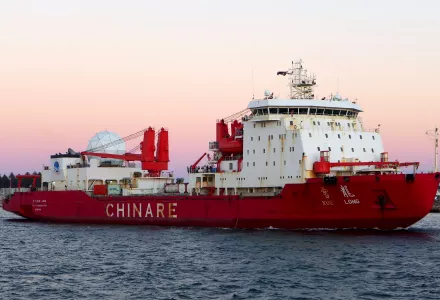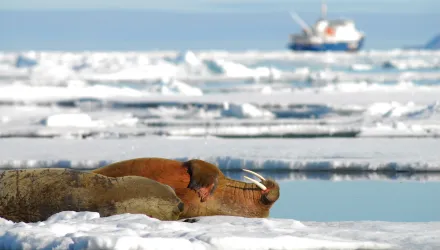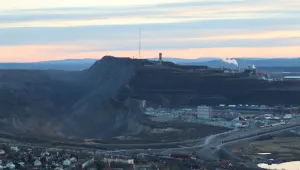
Abstract
Which factors lead states to apply for observer status in the Arctic Council (AC)? What explains the acceptance of those applications? In 2013, the AC underwent its most significant change since its foundation in 1996, with its formalization through the creation of a secretariat, the confirmation of eight observers, and acceptance of other five states, including China, with the same status. This study explores geopolitical and economic interests of actors of regional environmental governance that impact both applications and their acceptance as observer states. Based on probit models and case studies, we identify that states that mostly increase their carbon-equivalent emissions through consumption and production are less likely to join the AC as observers and to be accepted as such. Models also yield statistically significant correlations between states that import a high amount of goods from China and the pursuit of observer status in the AC. Models that disregard the impact of Beijing on observership in the intergovernmental organization reveal that applicants tend to have higher international status than the average and tend to be accepted as observer states for increasing the AC’s prestige. Unsuccessful attempts of joining the AC as observers also suggest that concerns with the environment, science, and technology impact observership demand and supply. Yet, acceptance of observer states may also be contingent on geopolitical and economic considerations by member states of the AC.
Filimonova, Nadezhda, Anastassia Obydenkova and Vinicius G. Rodrigues Vieira. “Geopolitical and Economic Interests in Environmental Governance: Explaining Observer State Status in the Arctic Council.” Climatic Change, April 21, 2023
The full text of this publication is available via Climatic Change.





